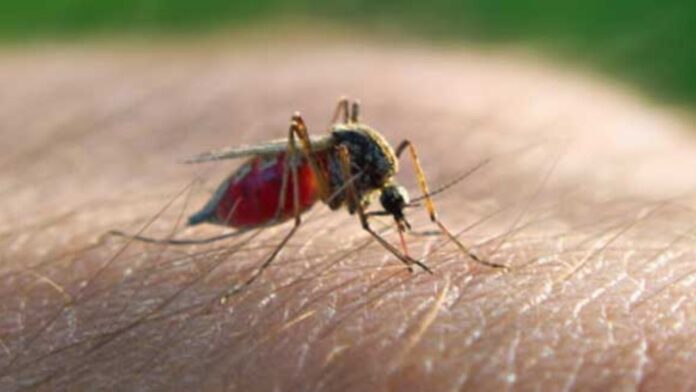Malaria, a disease that has affected people for hundreds of years, still poses a serious risk to global health. In India, this disease remains a significant concern, with ongoing challenges in prevention and treatment that continue to fuel its transmission. Tackling malaria requires addressing these challenges in a comprehensive way and updating our strategies to keep up with changes in the disease’s patterns.
Malaria is caused by the Plasmodium parasite, which is transmitted to humans through the bites of infected Anopheles mosquitoes. Symptoms can vary from mild to severe, so it’s crucial to see a doctor promptly for accurate diagnosis and appropriate treatment.
Here are 10 symptoms of malaria that you shouldn’t ignore:
- High fever and sweating: While fever can be a sign of many illnesses, it’s also common in malaria. If you have a high fever, see a doctor who can recommend tests to confirm if it’s malaria.
- Chills: Experiencing chills? This might indicate malaria, so pay attention to this symptom.
- Muscle aches and headaches: These are common symptoms in malaria patients.
- Fatigue: If you’re feeling persistently tired and struggling with daily tasks, it could be a sign of malaria. Consult a doctor if you’re experiencing extreme fatigue.
- Nausea, diarrhea, and vomiting: These symptoms are associated with various health issues, including malaria. Nausea is the feeling of wanting to vomit, and vomiting is when you actually do.
- Cough: If you’ve been coughing frequently, and it’s affecting your daily life, it could be a sign of malaria.
- Rapid breathing: This is a lesser-known symptom of malaria but can be a warning sign.
- Abdominal pain: Intense stomach pain can be a sign of malaria, so get a proper diagnosis and treatment.
- Bloody urine: Although this could be due to urinary tract infections (UTIs), it might also be linked to malaria.
- Back pain: Persistent back pain could be a symptom of malaria, so be cautious.
If you experience any of these symptoms, it’s crucial to seek medical attention immediately to determine if it’s malaria and begin the right treatment.

 हिंदी
हिंदी






